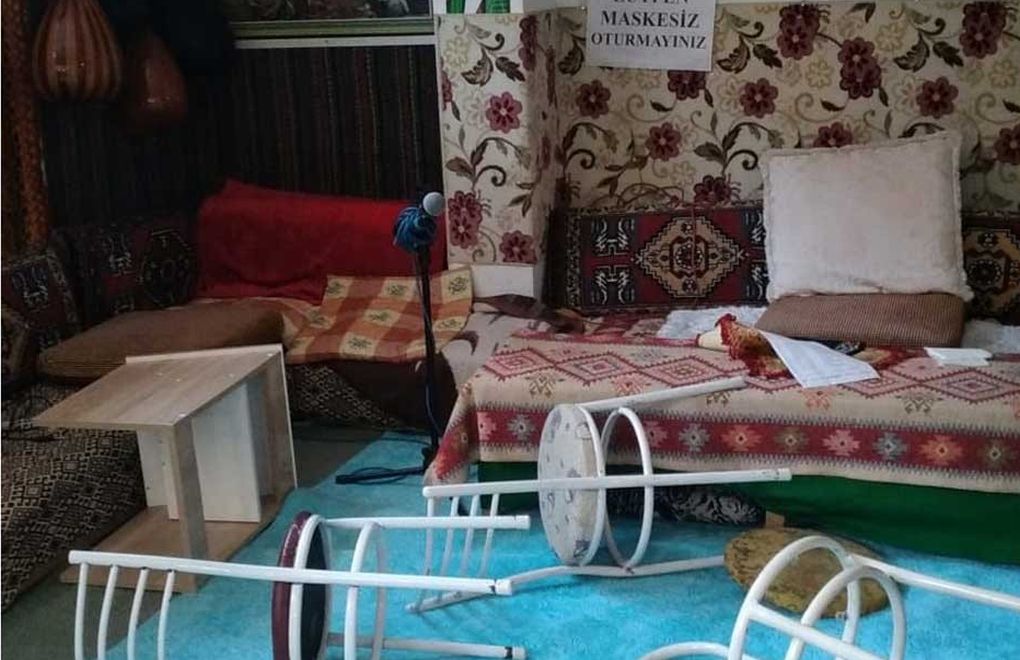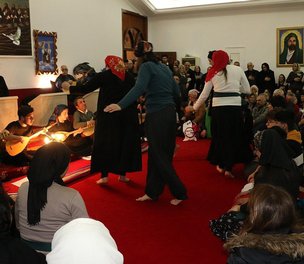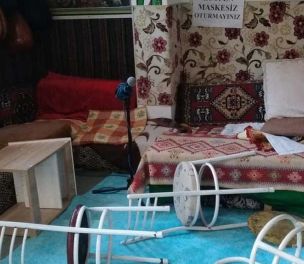Attacks on Alevis 'planned provocation,' says interior minister

Click to read the article in Turkish
Minister of Interior Süleyman Soylu has described Saturday's attacks on Alevi places of worship and associations as "planned provocation" and said the perpetrators will be "punished in the heaviest way."
"All the information obtained regarding the vile provocation targeting three cemevis the first day of the Muharram month will be referred to the judiciary and this 'planned provocation' that targeted our unity will be punished in the heaviest way," he wrote today (August 1) on his Twitter account.
Such attacks were "a habit of the Turkey of old," he also wrote.
CLICK - Largest attacks on Türkiye's Alevis in decades raise concerns
What happened?
Several Alevi places of worship and associations in the capital of Ankara were targeted in back-to-back attacks on the first day of the Alevis' holy month of Muharram.
A woman was hospitalized after being stabbed in the attack on the Turkmen Alevi Bektashi Foundation, which is located in the government quarter of Kızılay.
The attack on the Şah-ı Merdan Cemevi in the Mamak district was carried out during cem, an Alevi religious ritual. One person was injured in the attack.
The police nabbed a suspect identified with the initials A.O.K., who also carried out the attacks on two other cemevis in the Mamak and Çankaya districts, Minister of Interior Süleyman Soylu announced yesterday.
Alevis are a formally unrecognized religious minority in Türkiye who were subjected to atrocities in recent history, most notably the 1978 Maraş Massacre, the 1980 Çorum Massacre, the 1993 Sivas Massacre and the 1996 Gazi Massacre.
Estimates of the Alevis' share in Türkiye's population vary between 10 and 20 percent.
Alevi places of worship and homes are still sporadically attacked in various parts of the country, mostly by marking buildings with "X." In a parliamentary question last year, an MP for the Peoples' Democratic Party (HDP) noted that 38 similar incidents took place in the country in a decade. (EMK/VK)





